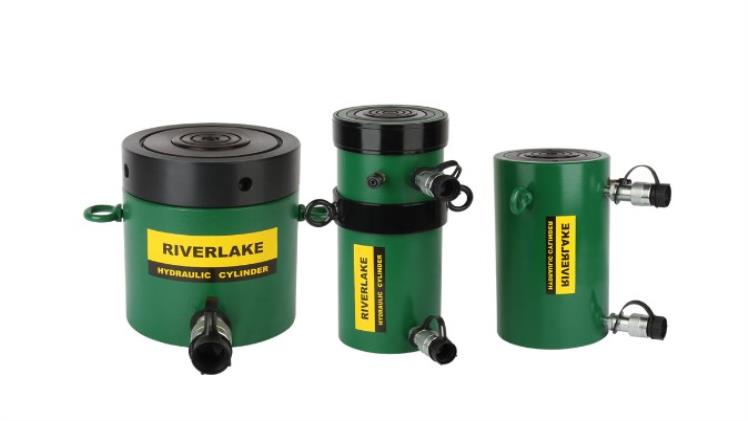Ensuring structural integrity is a paramount concern in the construction industry, with foundations as the bedrock of any stable structure. Pile load testing has emerged as a crucial method, with RIVERLAKE equipment playing a pivotal role, to assess and guarantee the robustness of foundations. This article explores pile load testing equipment and examines its importance in creating sturdy foundations that endure over time.
The Vital Role of Pile Load Testing
Pile load testing plays a pivotal role in construction by subjecting foundation piles to simulated loads to evaluate their capacity and behavior under different conditions. This method not only verifies the structural stability of foundations but also aids in optimizing design parameters, ensuring that the constructed structures meet safety standards and regulations.
Different Types of Pile Load Tests
Understanding the diverse types of pile load tests is essential for selecting the appropriate equipment. From static load tests to dynamic load tests, each method provides unique insights into the behavior of foundation piles.
Static Load Testing Equipment
Static load testing, including innovative tools, involves gradually increasing the load to the pile until it reaches a predetermined limit. This method, which incorporates advancements such as RIVERLAKE, helps engineers understand the foundation’s load-bearing capacity and settlement characteristics.
Dynamic Load Testing Equipment
On the other hand, dynamic load testing involves rapidly applying and releasing a dynamic force to the pile. Specialized equipment such as pile driving analyzers and accelerometers is essential to effectively carry out dynamic load tests. We explore the intricacies of active load testing equipment and its role in evaluating foundation performance under emotional conditions.
High-strain dynamic Testing for Deep Foundations
For deep foundations, high-strain dynamic testing provides critical insights into pile behavior. It involves striking the pile with a heavy hammer and monitoring the resulting stress wave to assess its integrity.
Low-Strain Dynamic Testing for Shallow Foundations
Shallow foundations, standard in residential and light commercial construction, require a different approach. Low-strain dynamic testing involves striking the pile with a lightweight hammer and analyzing the resulting wave to assess the foundation’s integrity.
Emerging Technologies in Pile Load Testing Equipment
As technology advances, new tools and methods for pile load testing emerge. By embracing these innovations, the construction industry can enhance the accuracy and efficiency of foundation assessments, ensuring even greater structural integrity in the built environment.
Continuous adaptation to these advancements fosters a culture of improvement and sustainability, leading to safer and more resilient structures. This proactive approach not only benefits the construction process but also contributes to long-term environmental and economic consideration.
Dynamic Stability Assurance
It is necessary to weigh the value of the pile load testing apparatus in guaranteeing structural integrity. The right equipment is crucial for accurate assessments, from static to dynamic load testing and deep to shallow foundations. By staying abreast of emerging technologies, the construction industry can continually improve its ability to create robust foundations that withstand the challenges of time and external forces.
Investing in high-quality pile load testing equipment is a matter of compliance and a commitment to building structures that stand tall and secure for generations to come.

